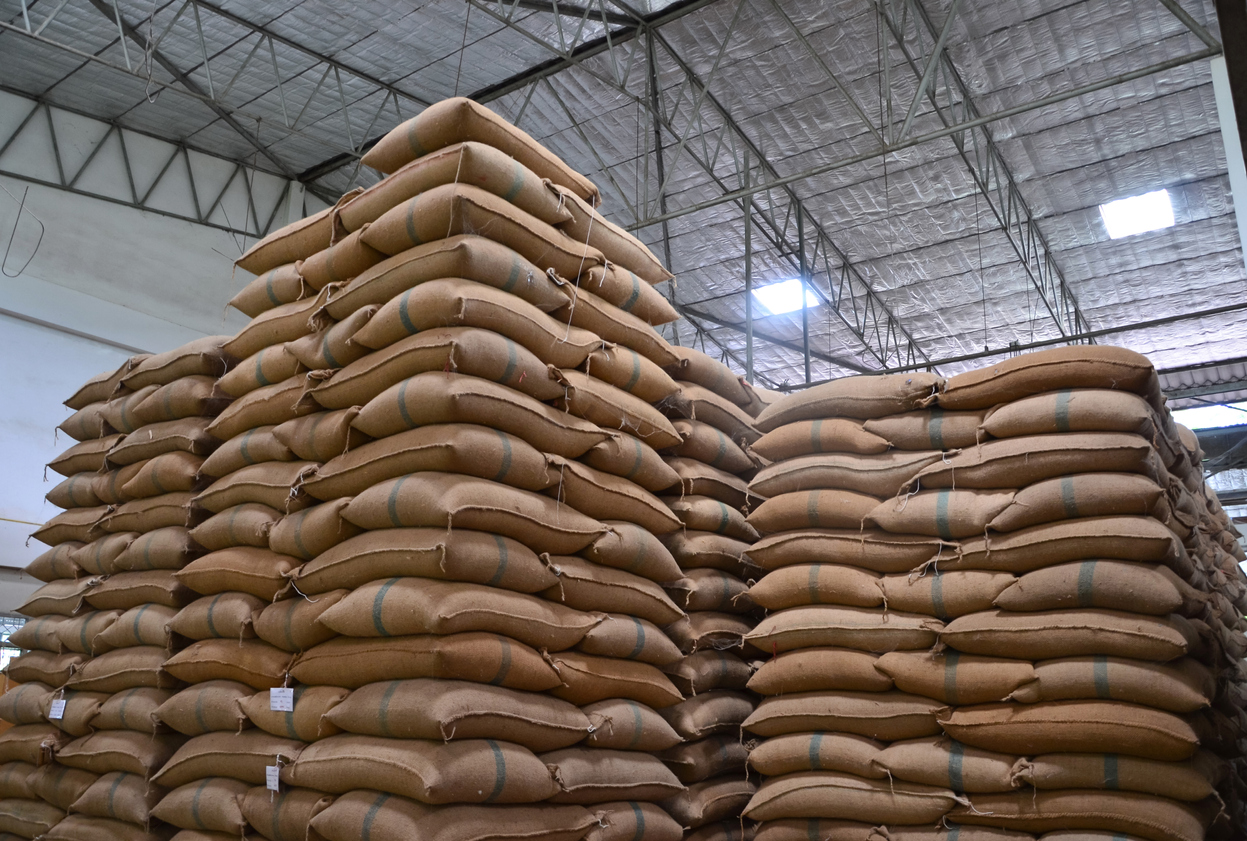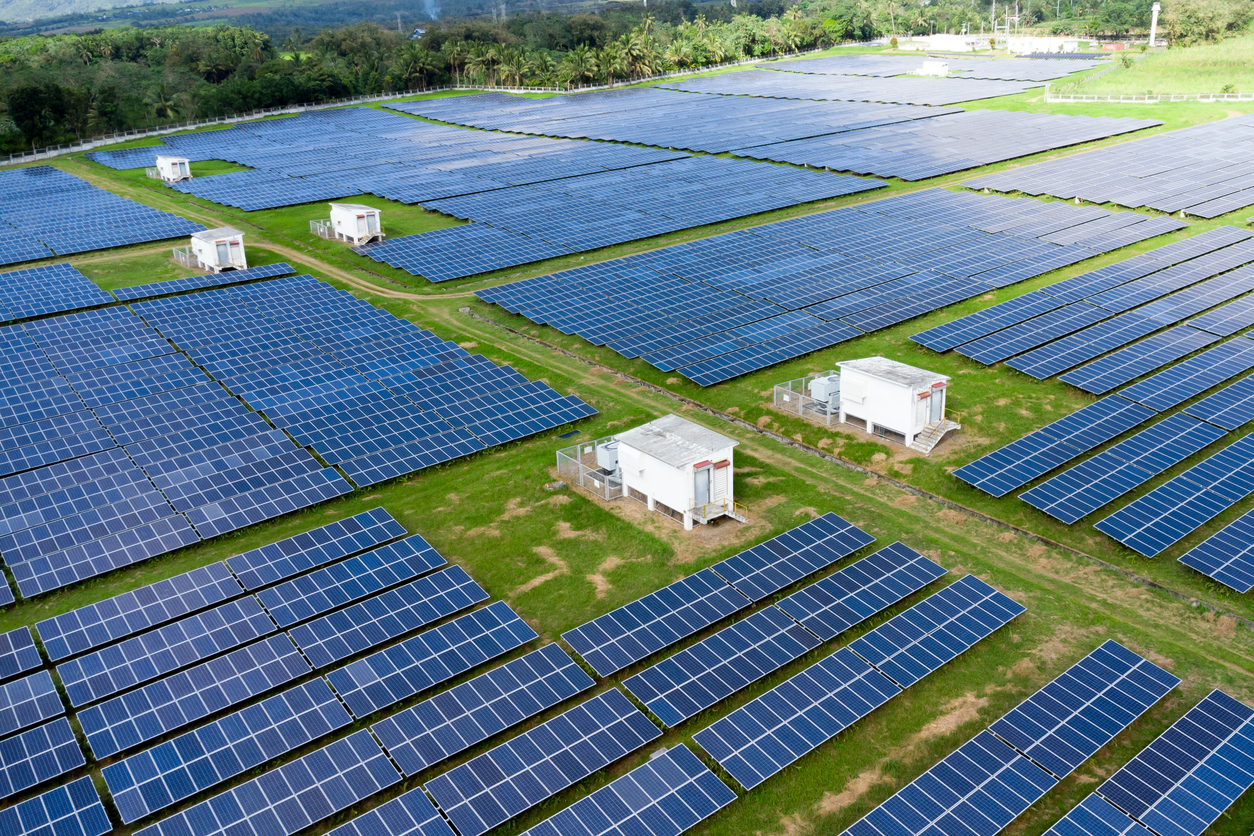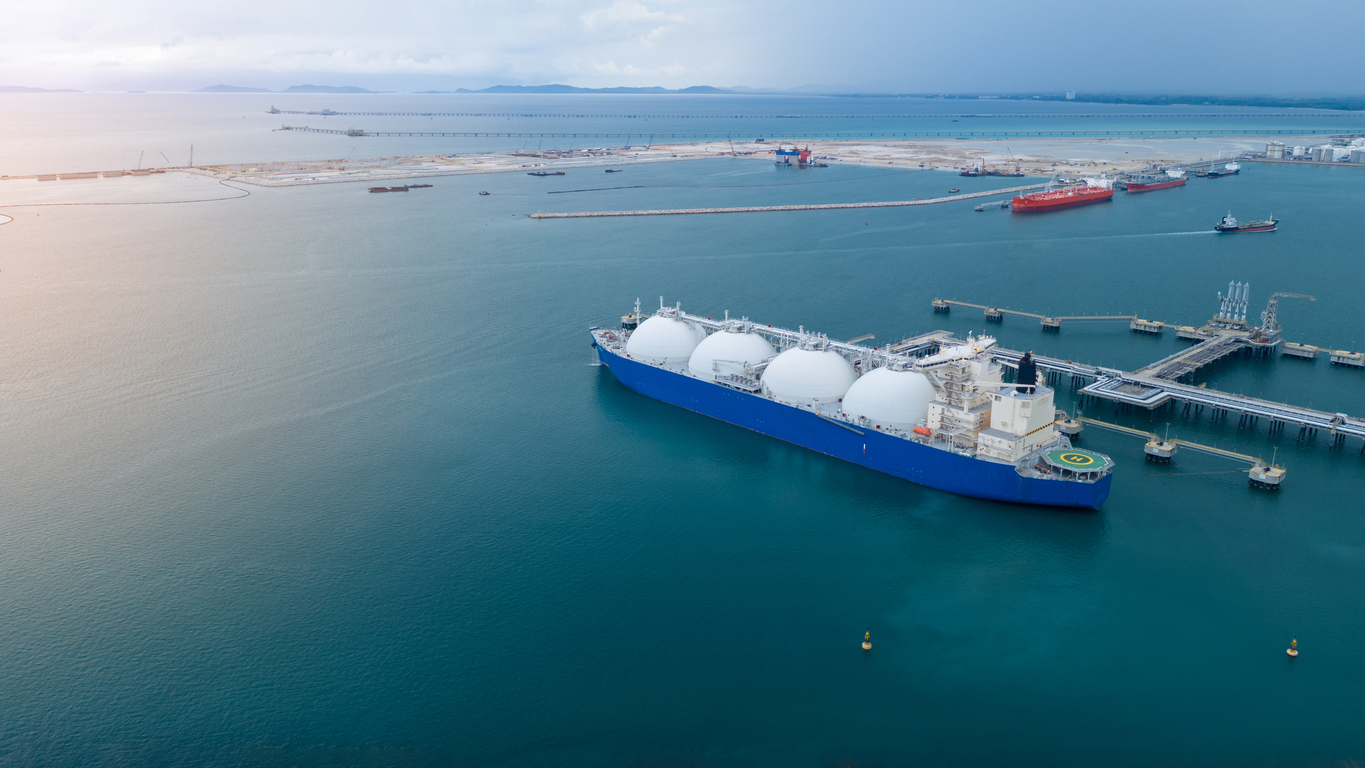Current Price of a Bag of Rice in Nigeria: What You Need to Know
Rice is a staple food in Nigeria, consumed by millions of households across the country. However, the price of a bag of rice can vary significantly depending on factors such as location, brand, and market conditions. Understanding these price fluctuations is essential for both consumers and traders. This article provides an overview of the current price of a bag of rice in Nigeria, factors that influence these prices, and tips for buying rice at the best rates.
Current Price of a Bag of Rice in Nigeria
As of the most recent data, the price of a 50 kg bag of rice in Nigeria varies based on whether it is locally produced or imported, as well as the brand. Below are the general price ranges:
- Locally Produced Rice: ₦35,000 to ₦45,000
- Imported Rice: ₦40,000 to ₦55,000
These prices can fluctuate due to factors such as supply chain disruptions, changes in import tariffs, and seasonal variations in production.
Factors Influencing the Price of Rice in Nigeria
1. Supply and Demand
- Harvest Seasons: Prices tend to drop during harvest periods when the supply of locally produced rice increases. Conversely, prices may rise during off-season periods when supply is lower.
- Consumer Demand: High demand during festive seasons, such as Christmas and Eid, often drives up the price of rice as more people purchase in bulk.
2. Import Policies and Tariffs
- Import Restrictions: Nigeria has implemented various policies to encourage local rice production, including restrictions on rice imports. These policies can lead to price increases for imported rice due to limited availability.
- Tariffs: High import duties on rice can make imported rice more expensive, contributing to the overall cost.
3. Transportation Costs
- Logistics: The cost of transporting rice from production areas to urban markets can significantly impact the price. Poor infrastructure and high fuel costs often lead to higher prices in cities compared to rural areas.
- Location: Prices may vary depending on the distance from major rice production regions. Markets closer to production areas typically offer lower prices.
4. Brand and Quality
- Local vs. Imported Brands: Imported rice brands, particularly those from countries like Thailand and India, tend to be more expensive than local brands due to their perceived quality and preference among consumers.
- Packaging and Quality: Higher-quality rice that is well-packaged and branded typically commands a premium price compared to generic or lower-quality options.
Tips for Buying Rice in Nigeria
1. Compare Prices Across Markets
- Market Research: Prices can vary widely between markets, even within the same city. Visiting multiple markets or checking prices online can help you find the best deals.
- Wholesale vs. Retail: Consider purchasing rice in bulk or from wholesale markets, where prices are often lower compared to retail outlets.
2. Consider Locally Produced Rice
- Support Local Farmers: Buying locally produced rice not only supports Nigerian farmers but can also be more affordable due to lower transportation and importation costs.
- Quality Improvements: Recent efforts to improve the quality of locally produced rice mean that Nigerian brands now offer a product that rivals imported options.
3. Buy During Harvest Season
- Timing Your Purchase: Prices are generally lower during the rice harvest season when supply is abundant. Stocking up during this period can save you money in the long run.
Conclusion
The price of a bag of rice in Nigeria is influenced by a variety of factors, including supply and demand, import policies, transportation costs, and the brand or quality of the rice. By staying informed about market trends and considering factors like location and seasonality, consumers can make more cost-effective purchasing decisions.
At Wigmore Trading, we provide up-to-date market insights and support to help you navigate the Nigerian rice market effectively. Contact us today to learn more about current prices and how we can assist with your rice purchasing needs.
Get in Touch:
Looking to buy rice in Nigeria? Contact Wigmore Trading for expert advice and competitive pricing. Visit our website, email, or call us to explore our rice offerings and find the best deals for your household or business.








Comments are closed.